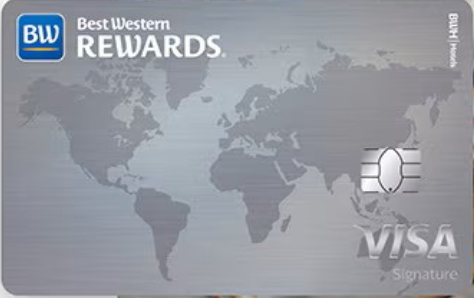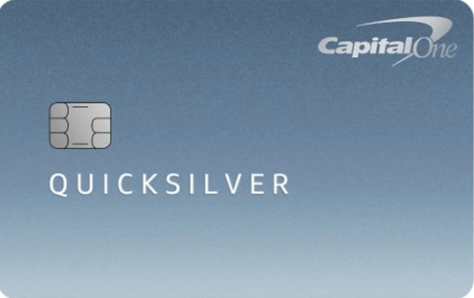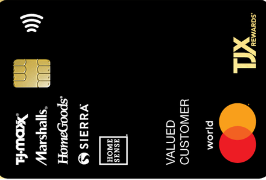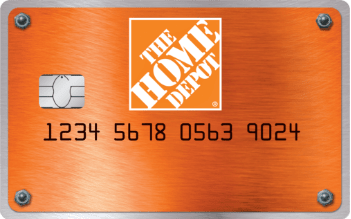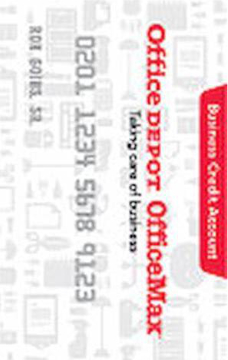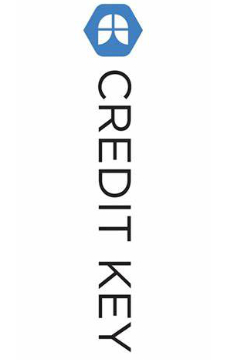- myFICO® Forums
- Types of Credit
- Credit Cards
- Offshore Personal Credit Cards available to U.S. C...
- Subscribe to RSS Feed
- Mark Topic as New
- Mark Topic as Read
- Float this Topic for Current User
- Bookmark
- Subscribe
- Mute
- Printer Friendly Page
Offshore Personal Credit Cards available to U.S. Citizens
Is your credit card giving you the perks you want?
Browse credit cards from a variety of issuers to see if there's a better card for you.
- « Previous
-
- 1
- 2
- Next »
- Mark as New
- Bookmark
- Subscribe
- Mute
- Subscribe to RSS Feed
- Permalink
- Report Inappropriate Content
Re: Offshore Personal Credit Cards available to U.S. Citizens
I sort of agree with the theme of this post but I think OP hasn't clearly elucidated the potential benefits of this line of thought.
I think having an offshore credit card or banking relationship can be beneficial to a non-offshore american for the following reasons:
1) You are being given access to line of credit/loan by an agency that doesn't use the american experian/transunion/equifax credit system. That can free you of the constraints that your domestic credit report puts on you so this can be helpful (temporarily as a backup) if you are in a bad debt situation domestically.
2) In many countries/regions having a pre-existing banking/credit relationship could make it easier to travel/settle down. For e.g. having a credit card/loan in another country will in some way give you a partial credit history. In Canada, landlords would want to see your credit history and since you now have many years of line of credit, you have somewhat of a credit history making it easier to rent/buy mortgage or other life events.
3) Even though Visa/MC are american, there are region specific quirks. I have travelled to India and my american Visa/MC dont work there only US amex works there. This is despite indian banks issuing Visa/MC credit cards. Assuming the indian Visa/MC probably work fine in India, it implies that your american Visa/MC credit cards can get blocked and useless in some geographies and only the locally issued Visa/MC cc's would work.
4) Virtual addresses: In large economies like UK/EU/Canada etc you can buy a virtual address/mail forwarding service and if you do your research right you could also open a bank account using that virtual address. In a few months you have a bank that issues monthly statements with your virtual address in that country. Bank statements as local address proof can speed up the process of moving to that country or applying for future benefits/employment in that country.
Here is why this idea seems worth exploring on the surface:
1) There are > 150 sovereign countries and territories out there. Each one of them would have 3 to > 50 local banking companies. That's a large number. All it takes is to find 1 or 2 banks that will issue you credit without a credit history and let you open an online account without a local address. The latter could also be possibly leapfrogged by using virtual addresses maybe. It's an interesting idea to think how much extra credit you could get access to without hitting your domestic credit score?!
2) Americans are known to be big spenders and residents of a prosperous economy. USD being the reserve currency of the world is something most international banks love to grab. There could be banks out there that would be willing to bet on you and give you credit so they can get some of those sweet american dollars.
Here is why this idea turns sour very quickly as you start digging deeper:
1) Americans are spoiled by the choice of easy credit and reward programs they are offered by american banks. In most other countries, getting access to credit/mortgage/car loans is much harder. Many banks/credit card companies would have steep annual/monthly fees just to maintain them and their rewards are dog **bleep**.
2) In this world nothing comes free. If you walk into a bank of a different sovereign country and ask to open a credit relationship, they would not hand it out like candies. The only feasible option that others have already mentioned above is to make large cash deposits in those banks and then use secured credit cards/loans agains those cash. In the long term again that calculus doesnt play out well because with that large amount of cash locked in for years earning some or no interest + local country inflation + **bleep**tier than american credit terms would mean you are likely to be making a loss than if you had put that cash in american bank.
Source: As a full time resident american, I have attempted (both succesfully and unsuccessfully) to open bank accounts and credit cards in Canada, uk, EU, asia, carribean.
- Mark as New
- Bookmark
- Subscribe
- Mute
- Subscribe to RSS Feed
- Permalink
- Report Inappropriate Content
Re: Offshore Personal Credit Cards available to U.S. Citizens
@batsy71 wrote:I sort of agree with the theme of this post but I think OP hasn't clearly elucidated the potential benefits of this line of thought.
I think having an offshore credit card or banking relationship can be beneficial to a non-offshore american for the following reasons:
1) You are being given access to line of credit/loan by an agency that doesn't use the american experian/transunion/equifax credit system. That can free you of the constraints that your domestic credit report puts on you so this can be helpful (temporarily as a backup) if you are in a bad debt situation domestically.
2) In many countries/regions having a pre-existing banking/credit relationship could make it easier to travel/settle down. For e.g. having a credit card/loan in another country will in some way give you a partial credit history. In Canada, landlords would want to see your credit history and since you now have many years of line of credit, you have somewhat of a credit history making it easier to rent/buy mortgage or other life events.
3) Even though Visa/MC are american, there are region specific quirks. I have travelled to India and my american Visa/MC dont work there only US amex works there. This is despite indian banks issuing Visa/MC credit cards. Assuming the indian Visa/MC probably work fine in India, it implies that your american Visa/MC credit cards can get blocked and useless in some geographies and only the locally issued Visa/MC cc's would work.
4) Virtual addresses: In large economies like UK/EU/Canada etc you can buy a virtual address/mail forwarding service and if you do your research right you could also open a bank account using that virtual address. In a few months you have a bank that issues monthly statements with your virtual address in that country. Bank statements as local address proof can speed up the process of moving to that country or applying for future benefits/employment in that country.
Here is why this idea seems worth exploring on the surface:
1) There are > 150 sovereign countries and territories out there. Each one of them would have 3 to > 50 local banking companies. That's a large number. All it takes is to find 1 or 2 banks that will issue you credit without a credit history and let you open an online account without a local address. The latter could also be possibly leapfrogged by using virtual addresses maybe. It's an interesting idea to think how much extra credit you could get access to without hitting your domestic credit score?!
2) Americans are known to be big spenders and residents of a prosperous economy. USD being the reserve currency of the world is something most international banks love to grab. There could be banks out there that would be willing to bet on you and give you credit so they can get some of those sweet american dollars.
Here is why this idea turns sour very quickly as you start digging deeper:
1) Americans are spoiled by the choice of easy credit and reward programs they are offered by american banks. In most other countries, getting access to credit/mortgage/car loans is much harder. Many banks/credit card companies would have steep annual/monthly fees just to maintain them and their rewards are dog **bleep**.
2) In this world nothing comes free. If you walk into a bank of a different sovereign country and ask to open a credit relationship, they would not hand it out like candies. The only feasible option that others have already mentioned above is to make large cash deposits in those banks and then use secured credit cards/loans agains those cash. In the long term again that calculus doesnt play out well because with that large amount of cash locked in for years earning some or no interest + local country inflation + **bleep**tier than american credit terms would mean you are likely to be making a loss than if you had put that cash in american bank.
Source: As a full time resident american, I have attempted (both succesfully and unsuccessfully) to open bank accounts and credit cards in Canada, uk, EU, asia, carribean.
Excellent insight! Lots to think about. Thanks! 😀



















